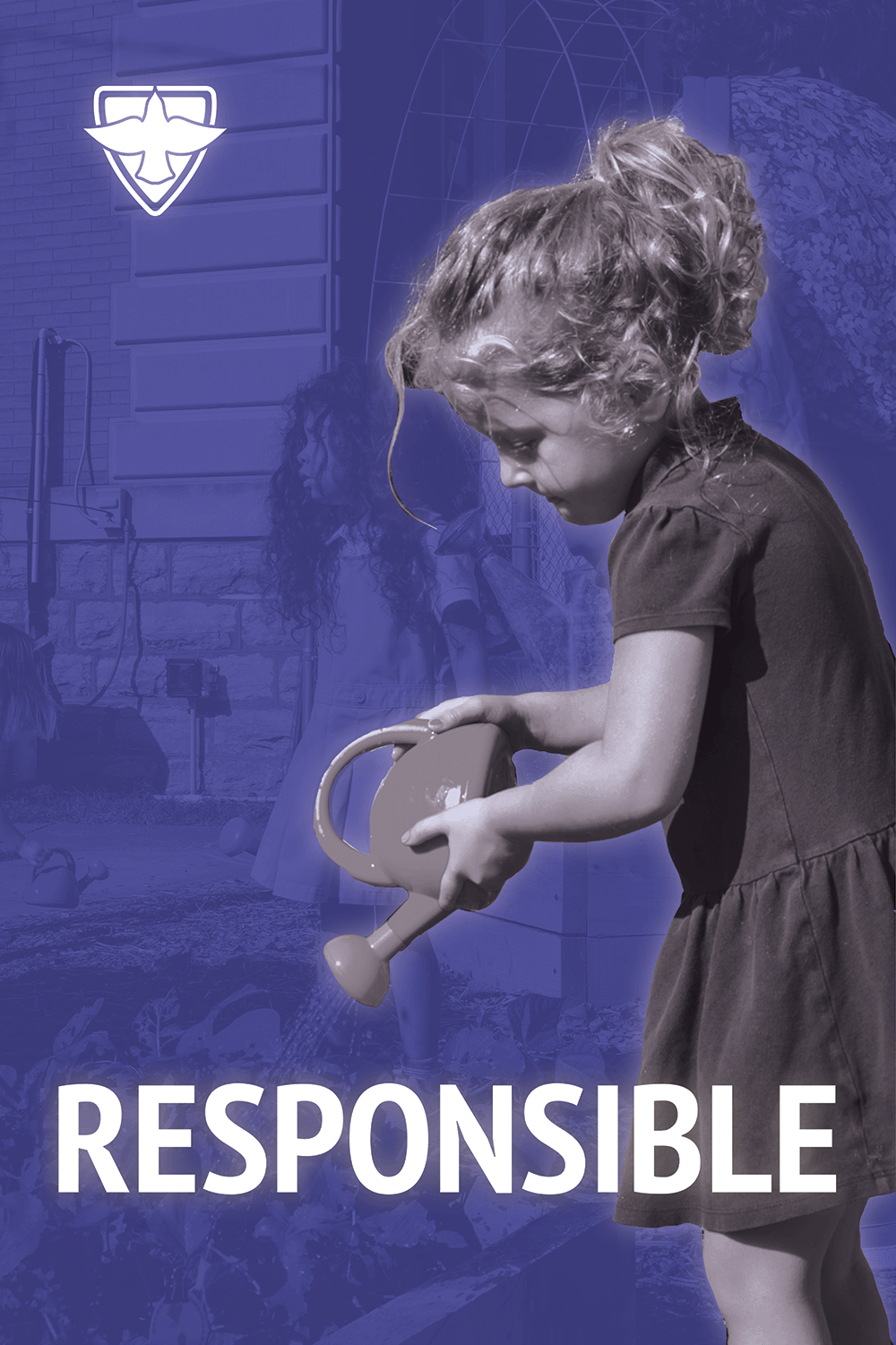
Program Overview
At the very heart of the Episcopal School of Nashville’s mission is its commitment to academic excellence and community-building, guided by our Episcopal identity.
Our goal is to nurture and support students as they grow into strong critical thinkers and problem-solvers. This is accomplished by combining rigorous curricula with engaging and challenging learning experiences. ESN students will leave prepared for the future equipped with 21st century skills to make a positive impact in their communities.
-
The literacy curriculum at Episcopal School is comprehensive, catering to individual learning needs and differences. In each classroom, there is a community of readers, writers, listeners, and speakers. The foundation of literacy instruction is centered around cultivating a lifelong love of reading. Students are provided with daily opportunities to practice known strategies and learn new ones when they are developmentally ready. This approach helps students develop and identify themselves as readers and writers.
-
The mathematics curriculum is centered on the philosophy that children can come to understand the world around them by analyzing problems that need solving. In the early years, the focus is on developing and growing number sense, achieving fluency with numbers and simple operations, and supporting students as they learn to problem solve. Students are also encouraged to articulate their mathematical thinking, verbalizing how and why they arrive at conclusions. Students in grades K-2 use Singapore Math Curriculum: Math in Focus, Grades 3-5 use Eureka Math! and Grades 6-8 use Connected Mathematics Project. All math instruction is supplemented by a variety of inquiry-based problems and approaches, which provide the foundation of Episcopal School’s mathematics program.
-
Our SEL approach nurtures the academic, social and emotional needs of all of our students through providing developmentally appropriate structures and supports that honor the whole child, so each student can reach their full potential. Our Episcopal identity provides an inclusive and affirming framework for students’ to explore and grow into their own unique identities, while weekly chapels, morning meetings and MS Advisory circles provide a safe space for celebrating the diversity of each student, as they learn and grow together in community.
In addition to our core concentrations our students enjoy a variety of enrichments, electives, and after school programs including, but not limited to:
Spanish
Art
Library
Chapel
Gardening
Music
Basketball
Soccer
Cross-Country
Track
Drama
Chess
For more information on our enrichments, electives, and after school programs, visit our Enrichments Page.
ESN’s
Portrait of a Graduate
Because we’re an Episcopal school, we cultivate a love of learning and a spirit of discovery in every student, guiding them to explore faith, develop strong character, and achieve intellectual growth. Our graduates are:
-
ESN grads express themselves, explore possibilities, and take risks that inspire growth.
-
ESN grads ask question, reflect, and analyze to make their own decisions.
-
ESN grads embrace learning as a lifelong journey, finding joy in curiosity, discovery, and growth.
-
With open hearts and minds, ESN grads honor the dignity of every individual, fostering a welcoming environment where everyone feels valued and empowered to be their authentic selves.
-
ESN grads act with empathy and integrity, nurturing meaningful relationships and strengthening the world around them through service, kindness, and compassion.
-
ESN grads take charge of their personal and academic growth, and role in the community, by demonstrating accountability, integrity, and perseverance.










